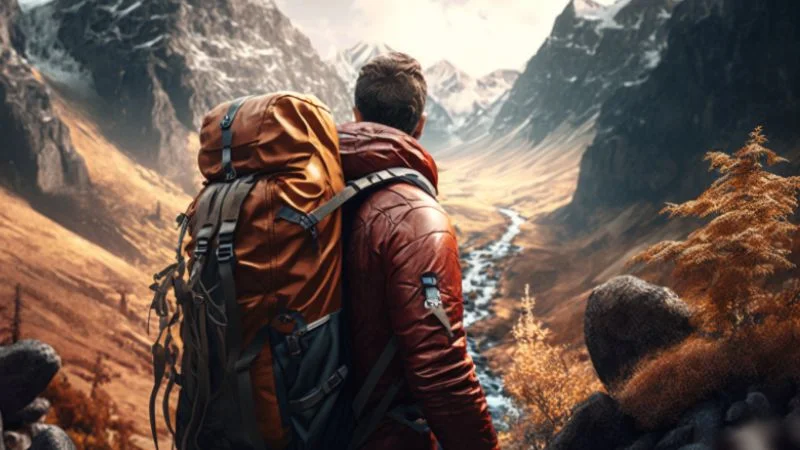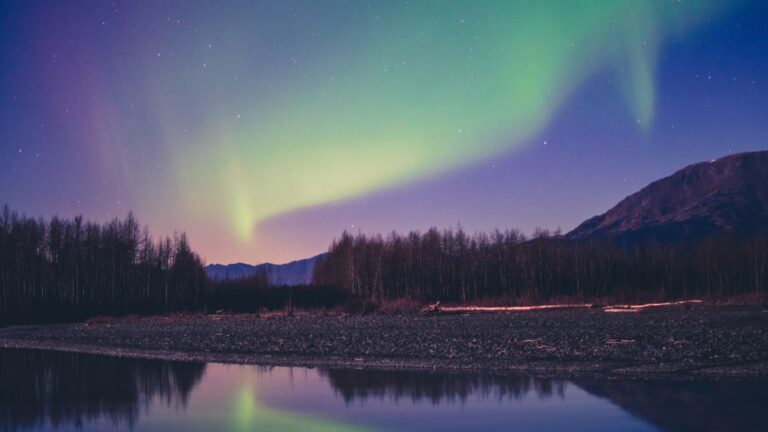Solo Travel in Nature: Hiking, Trekking, and Camping Alone

As participants in Amazon Associates and other programs, we earn from qualifying purchases. This comes at no additional cost to you. For more details, see our Affiliate Disclosure.
Solo travel in nature, whether it’s hiking, trekking, or camping alone, offers a unique chance to connect with the outdoors on a personal level. When you set out alone, you’re not just exploring new landscapes, you’re also discovering more about yourself. It’s about the quiet moments of sunrise on a mountain peak and the solitude that allows for deep reflection. This journey can be as rewarding as it is challenging, providing both physical exertion and mental peace.
Preparing for Your Solo Adventure
Before you hit the trails or set up camp, preparing thoroughly is crucial. Make a detailed plan that includes your route, expected return time, and emergency contacts. Research the area you’ll be visiting, be aware of any wildlife, and understand the local regulations. This preparation not only ensures your safety but also enhances your overall experience.
Choosing the Right Gear
The right gear is your best ally in the wilderness. Invest in quality, lightweight equipment that suits the environment you’ll be exploring. Essential items include a sturdy tent, a comfortable sleeping bag, reliable hiking boots, and a GPS or map. Also, pack according to the weather; layering is key to handle varying temperatures.
Safety First: Tips for Traveling Alone
Safety is paramount when traveling alone. Always inform someone of your plans and check-in regularly. Bring a fully charged phone and a portable charger, and consider carrying a personal locator beacon for remote areas. Stay on marked trails, be cautious with wildlife, and trust your instincts if something doesn’t feel right.
Best Destinations for Solo Hikers and Campers
Some destinations are simply magical when experienced alone. National parks like Yosemite and the Scottish Highlands offer well-marked trails and breathtaking scenery. For those seeking solitude, lesser-known locales such as the Appalachian Trail’s quieter sections or Norway’s remote Lofoten Islands provide peaceful escapes.
Navigating Challenges: Weather and Terrain
Weather can change quickly, and terrain can be unpredictable. Always check the weather forecast before departing and be prepared for unexpected changes. Learn to navigate different terrains, from rocky paths to muddy trails. Being adaptable and prepared helps you enjoy your trip safely, no matter the conditions.
The Mental Benefits of Solo Travel in Nature
Solo travel in nature is not just a physical challenge; it’s a mental one too. It allows for introspection and can be incredibly therapeutic. The solitude helps you clear your mind, reduce stress, and enhance creativity. It’s a chance to disconnect from daily life and reconnect with yourself.
Respecting Nature: Leave No Trace Principles
When enjoying the outdoors, it’s our responsibility to minimize our impact. Follow the Leave No Trace principles: plan ahead, dispose of waste properly, leave what you find, respect wildlife, be considerate of other visitors, and minimize campfire impacts. By respecting these guidelines, we help preserve nature’s beauty for future visitors.
Connecting with Local Cultures and Communities
While the focus may be on nature, connecting with local cultures enriches your travel experience. Engage with locals, try traditional foods, and participate in community events if possible. These interactions provide deeper insights into the area and contribute to a memorable adventure.
When Things Don’t Go as Planned
No matter how well you prepare, things can go awry. You might face bad weather, get lost, or encounter equipment failures. Stay calm, assess your situation, and use your preparedness to find solutions. Such experiences, although challenging, can teach valuable survival skills and self-reliance.
Reflecting on the Solo Travel Experience
After your journey ends, take time to reflect on your experiences. What did you learn about yourself? How has the journey impacted your view of the world? Reflection helps you appreciate the growth that comes from stepping out of your comfort zone and encourages you to plan your next adventure.






